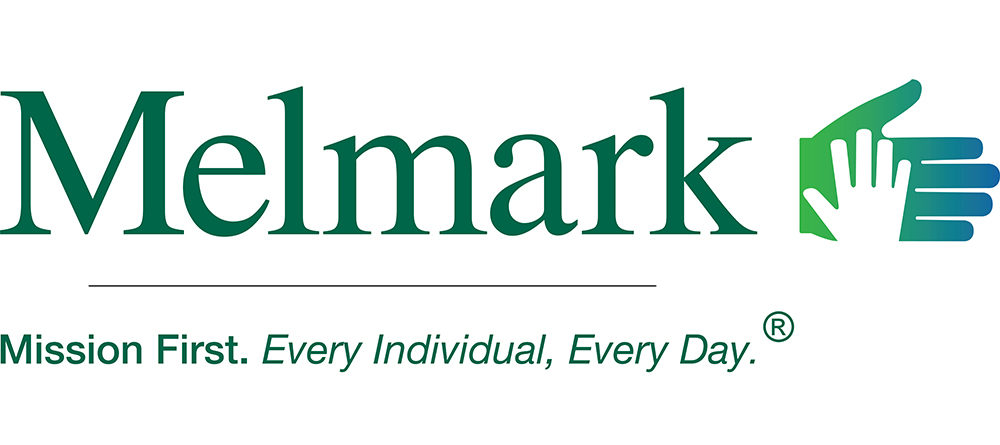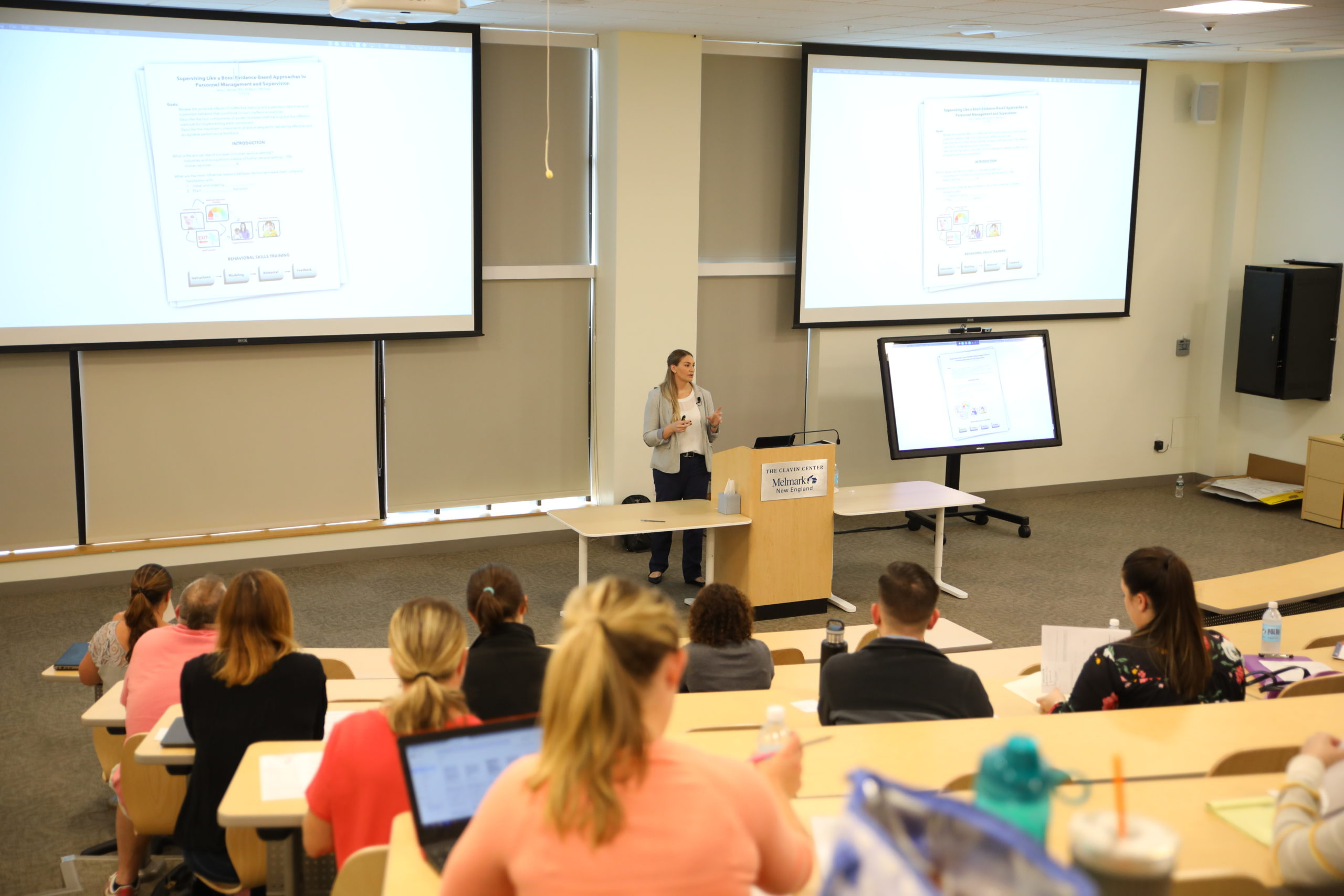In Pursuit of Refining our Understanding and Application of Generalization in Treating Severe Challenging Behavior
March 20, 2025
4:00 p.m. – 6:30 p.m.
Location: Hybrid. In-Person at Melmark Pennsylvania’s Training Center or Virtually.
3 CEUs
Brittany Tomasi, MA, BCBA, LBA
► Email Judy Murphy jmurphy@melmarkne.org to register and attend.
Abstract:
Forty-seven years ago, Stokes and Baer (1977) astutely informed us that generalization is not a passive process in which we simply wait for generalization to occur, but rather, it is an active process that must be programmed and planned. Stokes and Osnes (1989) subsequently proposed a functional perspective to refine our understanding of generalization. However, despite efforts to advance the technology of generalization, there continues to be limited research on empirically evaluating generalization-promoting strategies to facilitate behavioral change beyond the initial training environment in the treatment of challenging behavior. Although our field has robust literature on producing efficacious outcomes when treating challenging behavior, we argue that little emphasis has been placed on promoting effective outcomes. The purpose of this presentation is to discuss the status of and pursuit of generalization when treating severe challenging behavior. We will highlight current strengths and limitations of our field while also providing recommendations on how we might better systematically evaluate generalization strategies to contribute toward achieving more ecologically valid outcomes.
Objectives:
-
- State and provide examples of different generalization strategies within the literature and practice.
- Differentiate between passive and active generalization strategies
- Understand the differences between effective treatment outcomes and efficacious treatment outcomes.
- Learn how to program for generalization of interventions across different settings such as schools, residential settings, and the community.
- Refines one’s conceptualization of programming vs. testing for generalization,
- Identify current barriers in one’s clinical practice that may impact programming for generalization.

